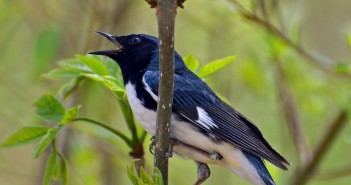
Recent Legal Milestones for Animals
Legal advancements for animals can often come at a painfully slow pace. But recently, we couldn’t help but notice how many wins and promising animal law-related news items kept coming in.

Legal advancements for animals can often come at a painfully slow pace. But recently, we couldn’t help but notice how many wins and promising animal law-related news items kept coming in.

“Most leftists, I believe, don’t have a problem with such comparisons. It’s only when human suffering is compared to animal suffering that these analogies become truly objectionable…”
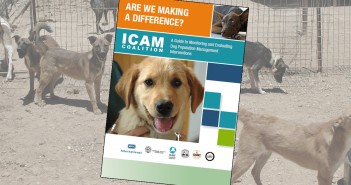
New guidance from the ICAM Coalition to help us assess if our dog population management work is really making a difference.

What can the “Vegan Police” from the film Scott Pilgrim vs. the World teach activists about effective vegan advocacy?

Each movement and each component sub-movement, if winning public support–progresses through eight cyclical phases that Moyer identified through long observation of the civil rights movement, anti-Vietnam War movement, anti-nuclear movement, and labor movement, among others in which he was personally involved.
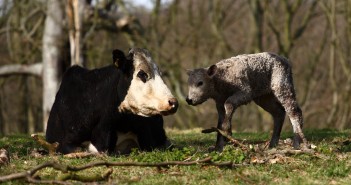
“I don’t mean to say that women who eat meat are bad feminists, but I do encourage feminists to examine the parallels between our oppression and the way animals used for agriculture are treated. To me, veganism is the logical conclusion to be drawn from feminism.”
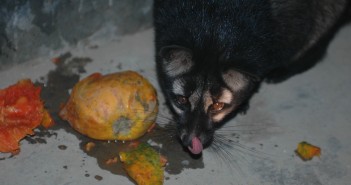
A common objection posed by meat-eaters to considering a vegetarian diet is that “plants have feelings” which may be comparable to the feelings of animals, or that the result of a vegetarian diet is for more plants to die than animals and thus the net amount of killing is somehow equal.
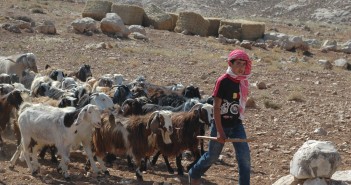
For more than a decade and with many others, I have been trying to think through the multiple entanglements between human and non-human joys and suffering. Our thinking about human issues necessarily involves thinking about animal issues. Similarly, considering animals expands our understanding of the world around us including some of the most pressing issues at hand, such as climate change, food justice, racial violence, and colonial legacies of dispossession and environmental degradation.
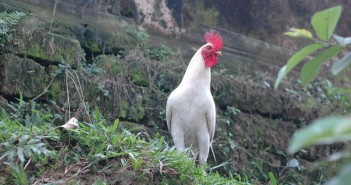
For some Abolitionists, all campaigns focusing on particular animals – in this case chickens used for Kaporos – frustrate the ultimate, worldwide goal of Abolition, Animal Rights, and Veganism. My organization, United Poultry Concerns, promotes the compassionate and respectful treatment of domestic fowl. This makes us a “single issue” or “single class of animals” organization. Does our focus on chickens and turkeys hamper efforts to liberate all animals from all forms of oppression everywhere on the planet?

The biomedical research community has already agreed in principle that scientific use of animals should be subject to rigorous scientific review… If the practices and regulations… were changed or amended so that scientific use of animals were to be conducted in an improved and strict manner regarding the welfare of animals, we believe that animal advocates would agree not to interfere with such research or specifically object to it through targeted campaigns.
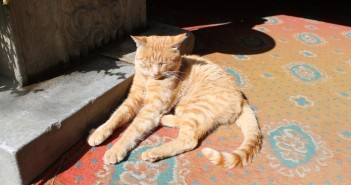
The ethical traveler now needs to take decisions that change the world. To decide where to go for their holidays. And if they decide not to go to a particular state and country, to actually let the travel agency and country know why they are not going.

In any discussion of ecotourism the dangers of “greenwashing” must be explored. Greenwashing is the use of misleading advertisements to suggest that an activity is good for the environment when objectively it is not. Wildlife theme parks, underwater hotels and motorized tours into fragile ecosystems strive to portray themselves as environmentally positive (or neutral) but they are not. True ecotourism builds environmental awareness while emphasizing human rights and local control over resources and development. It is not solely about animals but also about the humans who live there, and have lived there in the past, often for thousands of years.